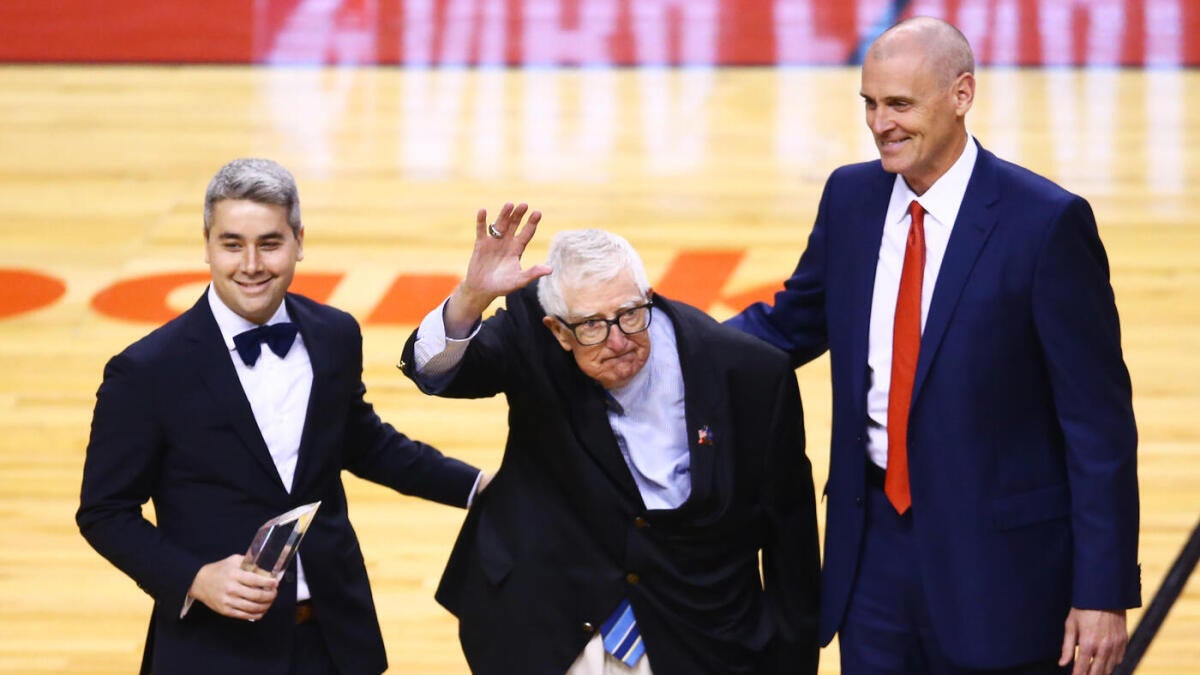Frank Layden, the pioneering coach who earned both the NBA Coach of the Year and Executive of the Year awards for the Utah Jazz in 1984, passed away on Wednesday in 1993, as reported by multiple sources, with ABC4 being the first to announce his death. Layden served as the Jazz’s head coach for six full seasons and part of two others during the team’s early years after relocating from New Orleans. Taking over from Tom Nissalke in the 1981-82 season, he led the team to 277 wins over nearly a decade, guiding the Jazz to five straight playoff berths and three appearances in the Western Conference semifinals.
“It’s a sad day,” said Jazz broadcaster Craig Bolerjack. “It’s a sad day for Utah and the Jazz. He brought everyone together, and I hope that’s part of his lasting legacy.” Layden initially joined the franchise as general manager during its New Orleans tenure in 1979 and transitioned into coaching while continuing his front office duties after the team’s move to Utah. He eventually took on the roles of general manager and team president before stepping down as head coach during the 1988-89 season, handing over coaching duties to assistant Jerry Sloan, who then helmed the team until 2011.
Under Sloan’s leadership, the Jazz made 20 straight playoff appearances and reached the NBA Finals twice in 1997 and 1998, ultimately losing to Michael Jordan’s Chicago Bulls in six games. The team’s success was built around legends Karl Malone and John Stockton, whom Layden played a crucial role in recruiting—Stockton in 1984 and Malone in 1985. Prior to his Jazz tenure, Layden began coaching at Niagara University in 1968 and worked as an assistant coach for the Atlanta Hawks in 1976. He also had a brief stint coaching the WNBA’s Utah Starzz.
Layden was beloved by fans for his engaging sideline demeanor and vibrant personality. Off the court, he was an active community figure, earning the NBA Citizenship Award in 1984 and the NBCA Lifetime Achievement Award in 2019.
Fan Take: Frank Layden’s passing reminds basketball fans of the profound impact a dedicated leader can have on a franchise’s identity and success. His role in building the foundation of the Utah Jazz helped shape one of the NBA’s most respected teams and legacies, influencing future generations in the sport.



